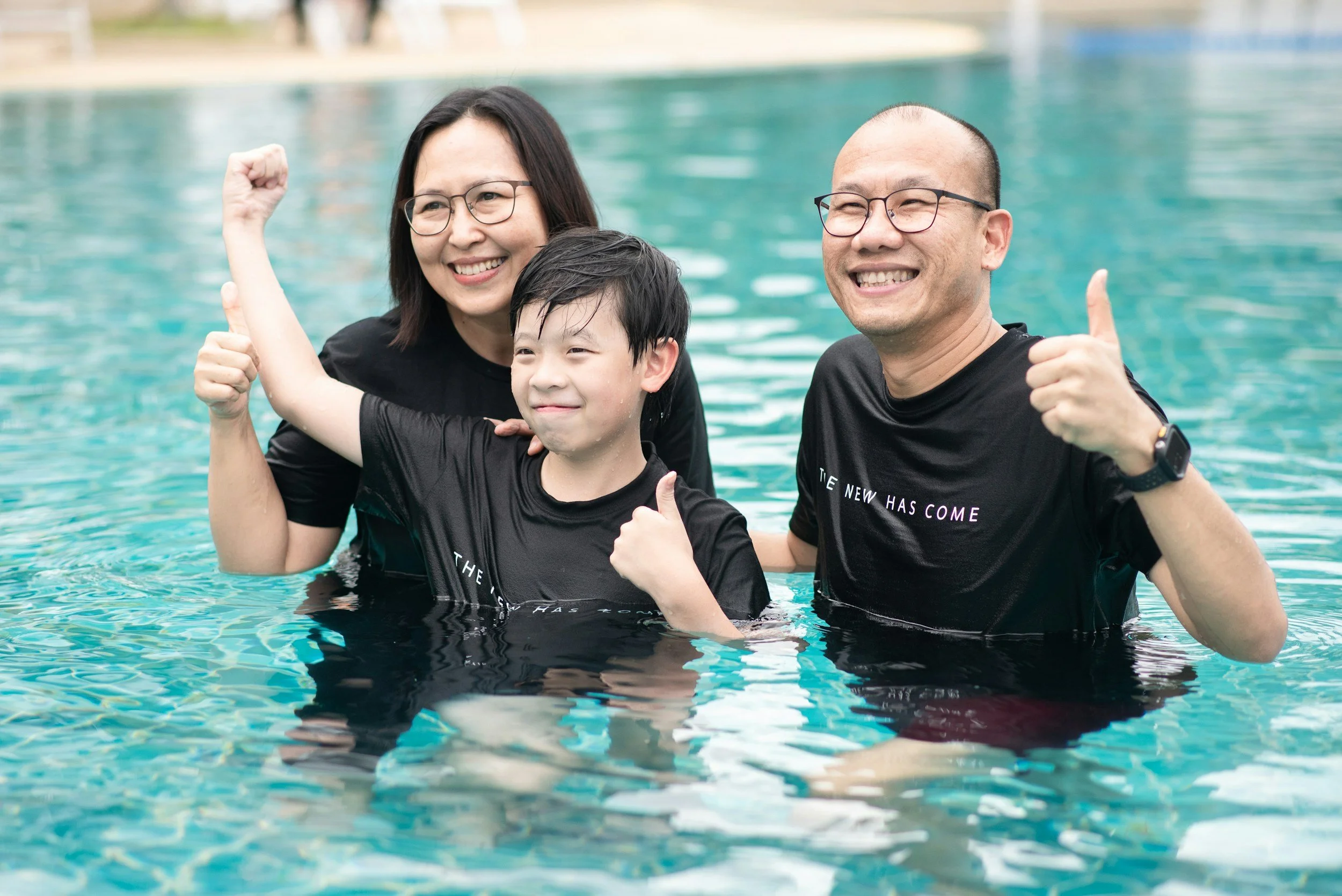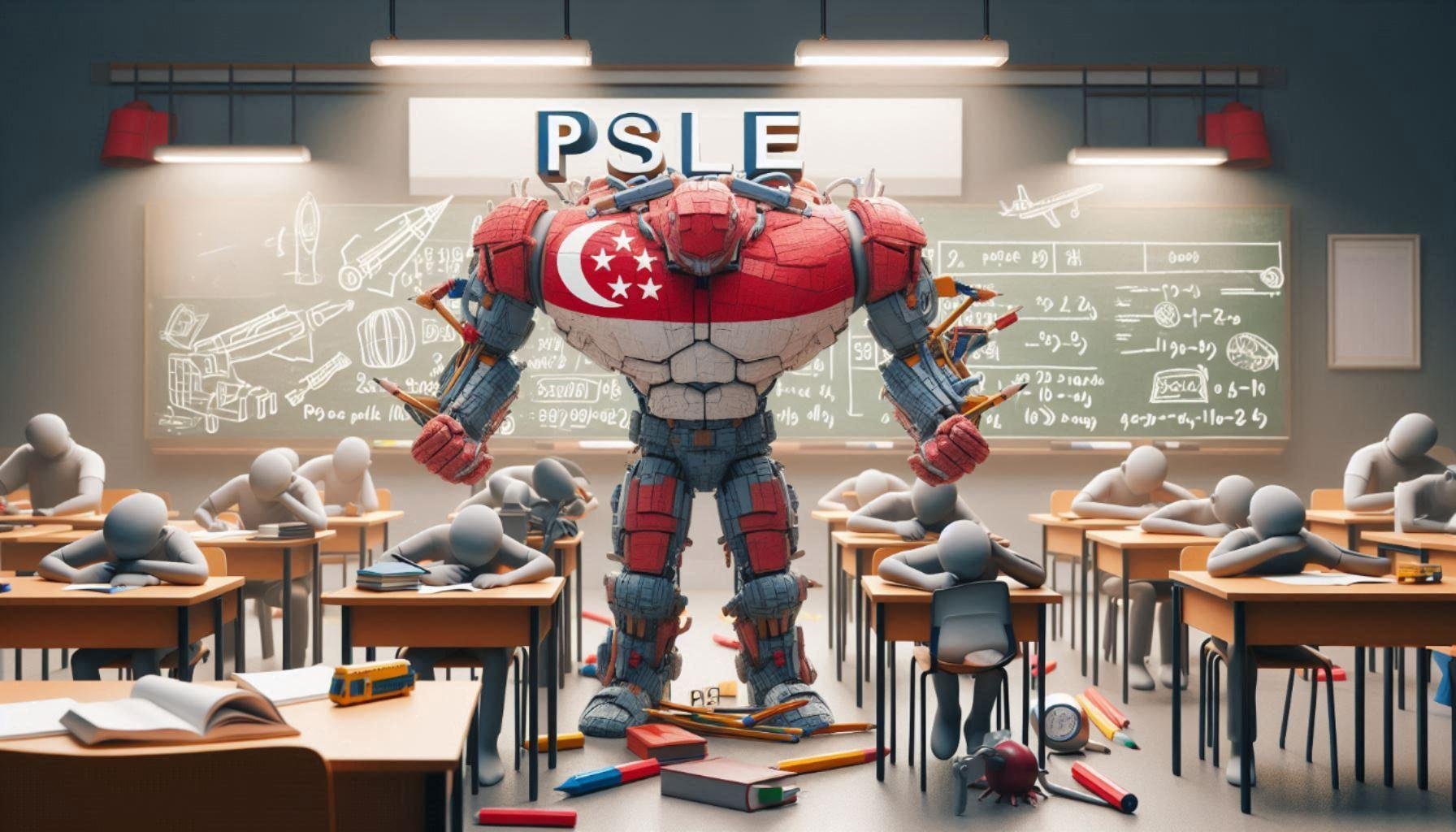Blog
Our insights on
Primary School, PSLE and Education
Learn More ↓


From PSLE to Secondary School Progression: What Parents Need to Know About Supporting Their Child’s Next Step
While waiting to enter secondary school, parents often wonder how best to support their child’s next step. With Full SBB, the new SEC (replacing O-Levels), Integrated Programme, A-Levels, IB, and polytechnic pathways, Singapore’s education system has never been more flexible. Here’s what parents need to know to choose wisely and prepare their child for independence.

GEP Changes and Its Likely Impact
The recent changes to Singapore’s Gifted Education Programme (GEP) aim to provide more inclusive opportunities by expanding the pool of students eligible for high-ability programs from 1% to 10%. However, this may increase stress for 70-80% of parents and students, as many view being in the top 10% as crucial due to cultural expectations and past educational benchmarks. Parents are likely to invest more resources to prepare their children from Primary 3 onwards. While the changes offer a breather for younger students to explore interests, competition may shift to the Direct School Admission (DSA) scheme, creating pressure to excel in non-academic areas.

The Evolution of Singapore's Education System: From 1965 to the Present
Singapore's education system, integral to the nation's success, has transformed significantly since 1965. Initially focused on providing basic education and reducing dropout rates, it evolved in the 1980s to emphasize efficiency and quality. The 1990s saw a shift towards creativity and critical thinking under the "Thinking Schools, Learning Nation" initiative. Recent years have focused on student-centric, values-driven education, reducing exam stress, embracing technology, and ensuring inclusivity. Understanding this evolution helps us appreciate the current dynamic education landscape that continues to adapt to future challenges while maintaining core values.

Academic Achievements are of Primary Concern for 70% of Parents in Singapore
In Singapore, a significant proportion (70%) of parents place a strong emphasis on their children's academic performance. This focus stems from a combination of cultural values, societal expectations, and the highly competitive nature of the Singaporean education system.

What Makes a Great Teacher?
A great teacher is driven by passion for teaching, shows empathy and understanding towards students, and communicates clearly to make complex ideas simple. They maintain a relentless focus on helping students achieve results and foster a positive attitude and patience, creating a supportive environment. These qualities inspire confidence and motivate students to reach their full potential.

Why Habits Hold Greater Significance Than Motivation in Primary School and PSLE Success
Habits hold greater significance than motivation in academic success because they create consistency, reduce decision fatigue, foster a growth mindset, and enhance cognitive functioning. Unlike motivation, which is fleeting and emotion-driven, habits are reliable and automatic, formed through repetition. Scientific studies show that habits require less cognitive effort once established, freeing mental resources for learning. Developing strong study habits leads to sustained academic performance over time. By focusing on small, consistent habits, students can achieve long-term success with less stress and greater ease, as these habits become ingrained in their daily routines.

Education Beyond Singapore: China
The PRC education system emphasizes academic achievement, particularly in STEM fields, with a strong focus on national exams like the Gaokao. Centralized curricula ensure consistency, but reforms are promoting creativity and reducing reliance on rote learning. The system faces challenges, including the urban-rural education divide, where rural schools struggle with limited resources. Technology integration is advancing, with digital learning and AI enhancing education. Additionally, the curriculum fosters national identity, though some argue it limits diverse perspectives. Ongoing reforms aim to balance tradition with modernization.

Education Beyond Singapore: Korea
South Korea's education system is renowned for its academic excellence, driven by a strong cultural emphasis on education and intense competition, particularly around entrance exams like the "Suneung." Government investment and a focus on STEM have contributed to high performance in international assessments. However, the system faces challenges, including high student stress, reliance on rote learning, and inequality due to private tutoring. While technological integration is advancing, critics call for reforms to promote creativity, critical thinking, and well-being alongside academic achievement, ensuring a more balanced approach to education.

Education Beyond Singapore: USA
The U.S. education system is diverse, with public, private, and charter schools offering various options. However, it faces challenges like funding disparities, with schools in wealthier areas often better resourced. Standardized testing plays a significant role, but it has sparked debates about its impact on teaching quality. The higher education system is globally renowned but increasingly expensive, leading to concerns over accessibility. Innovations in technology and a growing focus on social and emotional learning (SEL) offer opportunities to improve education, but addressing inequalities remains a critical issue.

Education Beyond Singapore: Finland
The Finland education system is renowned for its equality, minimal emphasis on standardized testing, and focus on student well-being. Education is free, and all students receive equal opportunities, regardless of background. Teachers are highly qualified, and there is a strong emphasis on lifelong learning and holistic development. With minimal homework and stress, students can explore their interests beyond academics. Finland's approach offers valuable insights for other countries aiming to create a balanced, inclusive, and effective education system.

The Growing Reliance on Academic Tuition Among Singapore Parents for PSLE Preparation
Singaporean parents are increasingly relying on academic tuition to prepare their children for the high-stakes Primary School Leaving Examination (PSLE). This trend is driven by the competitive nature of Singapore's education system, where academic success is highly valued. Parents fear that regular schooling may not fully equip their children for the PSLE, leading them to seek additional support. Social pressure and a desire to provide the best opportunities for their children further fuel this reliance on tuition.

Key Challenges of the Singapore PSLE System
The Singapore PSLE system faces challenges including high stress, a focus on academic excellence at the expense of holistic development, financial strain from additional tuition, and pressure on educators. Addressing these issues is complex, requiring balanced reforms and there is no easy solution. Parents can help by providing emotional support, encouraging a balanced lifestyle, setting realistic expectations, staying involved in their child's learning, managing financial stress, seeking targeted academic help if needed, and promoting a range of interests beyond academics.
